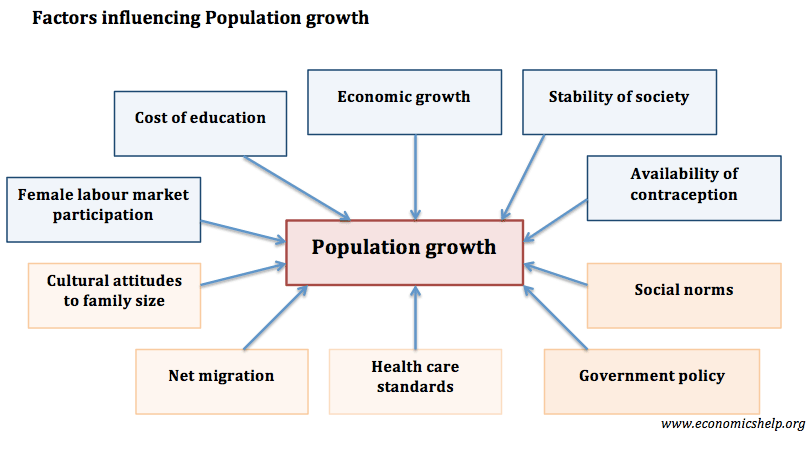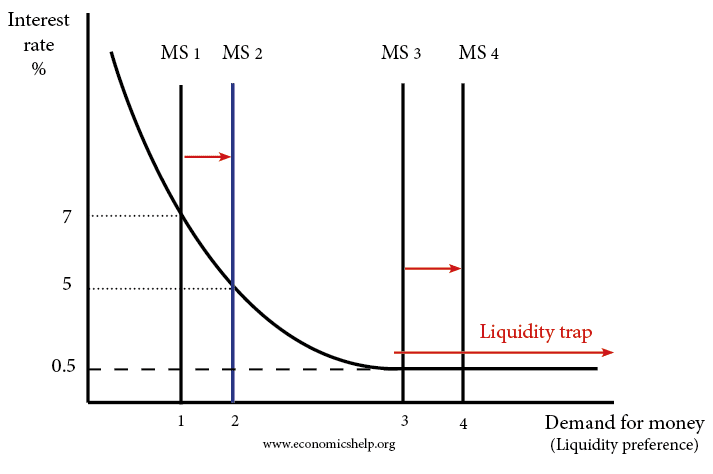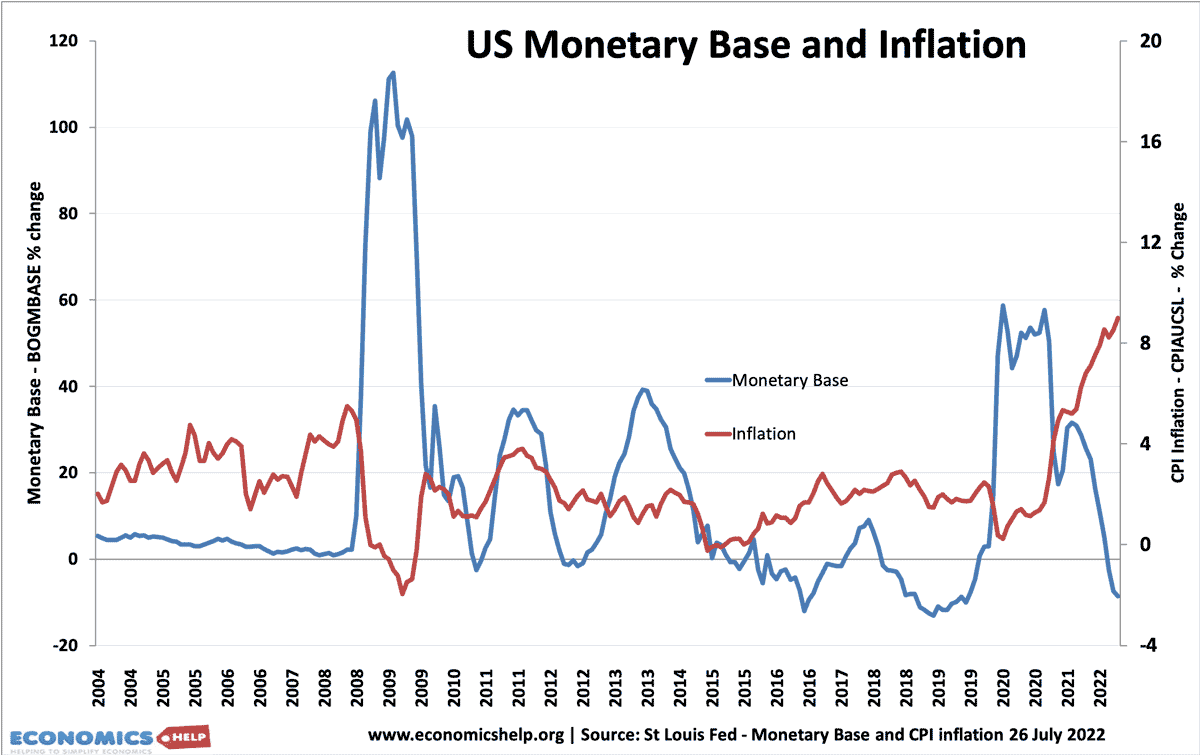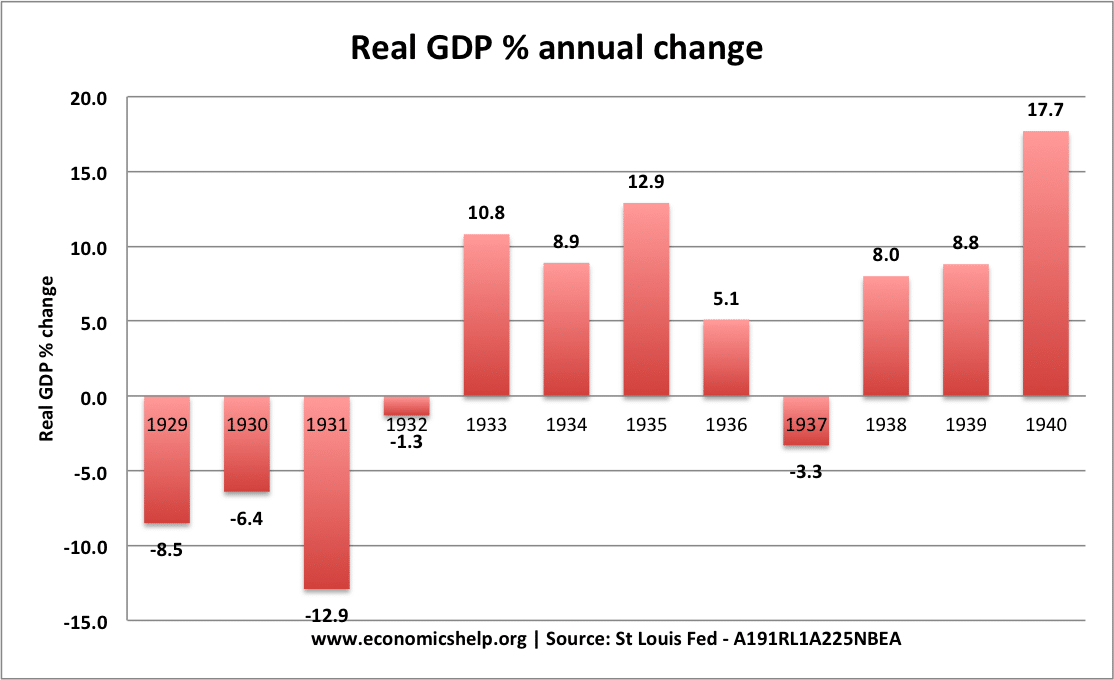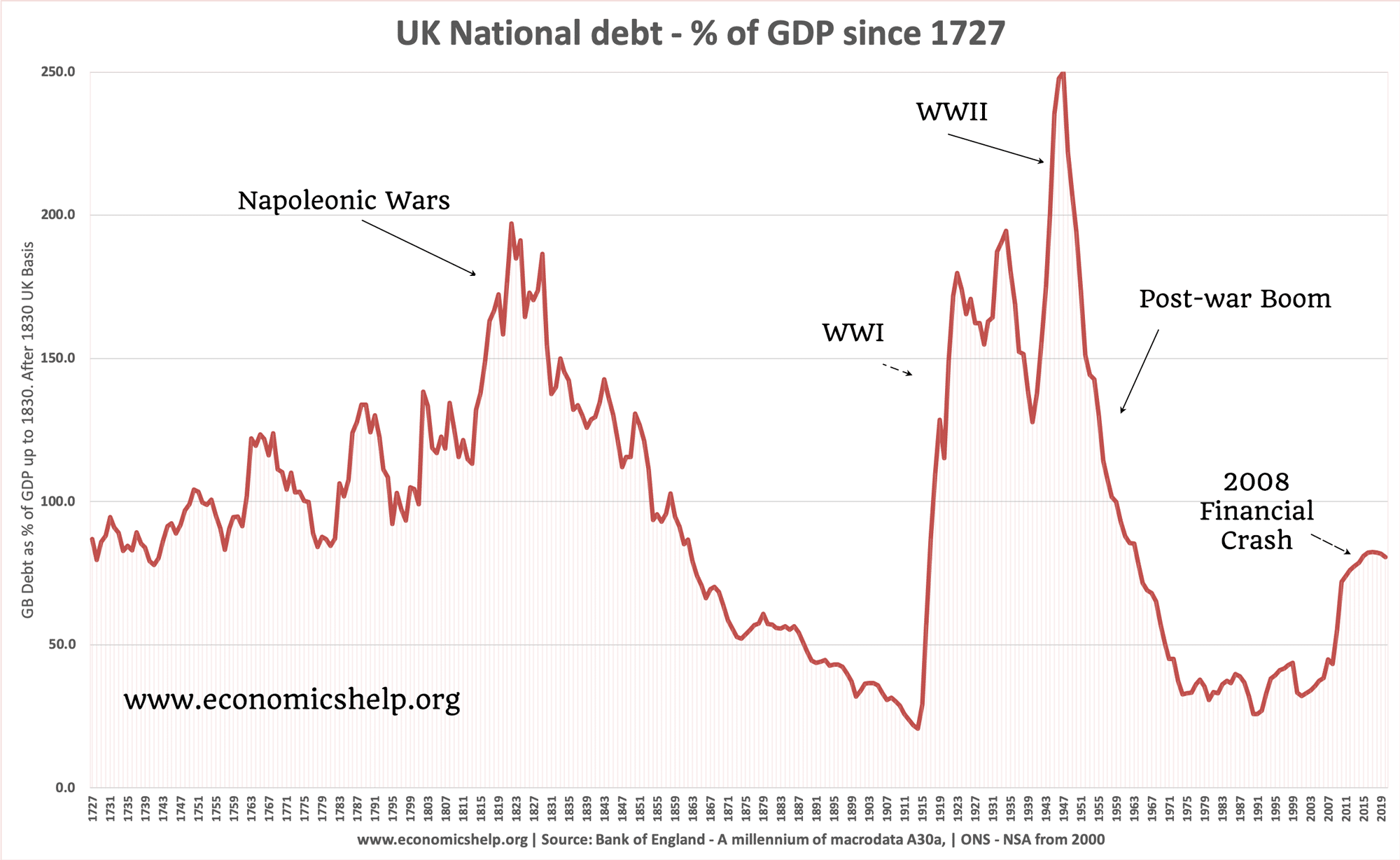Factors that affect population size and growth
Readers question: Explain the main factors which affect population size and growth? Population growth is determined by fertility rates (the number of children per adult) – fatality rates. Birth rates and mortality rates are, in turn, determined by a combination of factors. Often economic growth and economic development have led to a decline in population …

